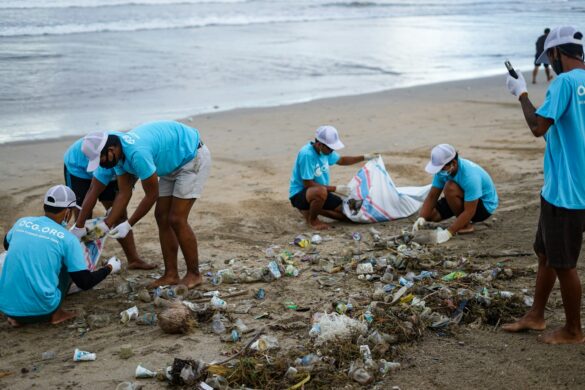Bangladesh has renewed its dedication to tackling plastic waste, aligning its efforts with the 2025 theme “Ending Plastic Pollution.” On June 25, various seminars, marches, and an environmental fair took place nationwide. In Dhaka, the key event of the day included prominent speakers who encouraged people to stop using single-use plastics and focus on planting trees for the benefit of the environment. Public and private groups, along with local authorities, rallied across the country to highlight the dangers of plastic pollution. They emphasized how plastic acts like poison—damaging biodiversity, clogging waterways, and worsening climate impacts. One key appeal was for citizens to take small steps such as choosing reusable items, reducing plastic bag usage, and supporting eco-friendly alternatives. A major call from the event was to strengthen policies. Officials said enforcing bans on single-use plastics and adopting Extended Producer Responsibility (EPR) measures are urgent priorities. Preventing plastic from entering the environment requires accountability at every level, from manufacturers to consumers. This renewed focus on plastic waste plays a crucial role in public health and environmental policy. Plastic debris in rivers and drain systems increases disease risk, and microplastics can enter the food chain. Stronger regulation and community awareness are essential for reducing health and economic costs tied to plastic contamination. Experts have also emphasized Bangladesh’s global role. As the nation strives toward sustainable development, reducing plastic waste can position it as a model for climate-resilient practices. Public support and civic action during World Environment Day send a clear message: change is possible, but it must be collective. For advancement to occur, it is essential that the government, businesses, and communities collaborate. Suggestions include incentivizing jute or biodegradable alternatives, improving waste collection and recycling systems, and launching widespread public education campaigns. In summary, Bangladesh’s renewed pledge offers more than symbolic value—it demands real action. From policy reform and enforcement to grassroots efforts, every step helps protect the country’s environment and citizens’ health. As local leaders and ordinary people unite behind a plastic-free vision, Bangladesh can reduce pollution, safeguard resources, and build a healthier, more sustainable future.
51


